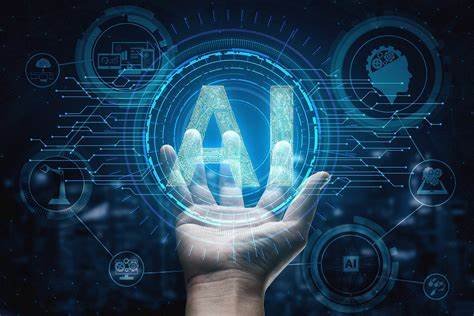Bromford like to be on the cutting edge of what is happening in the world of technology, and we recently came across a company called ‘Razor’, how ironic you may think… although it was purely by coincidence.
Conversations play a huge part of how we operate in Bromford, whether it’s engaging with customers, collaborating with colleagues, liaising with stakeholders or occasionally connecting organisations which sit outside the sector.
Our introduction to Razor occurred during a meeting with one of our partners ‘Invisible’ who are currently supporting Bromford with cutting-edge Internet of Things (IoT) solutions. Specifically, ‘Invisible’ supports us with humidity, temperature & air quality sensors which are currently deployed in homes grappling with condensation damp and mould issues.
Invisible produces a dashboard which can proactively notify a customer when any predefined thresholds are exceeded in their homes, such as excessive heat or cold, gently nudging them to take action. Whilst reviewing the dashboard recently, I noticed a customer's data indicated that their property was too hot. I reached out to the neighbourhood coach who in turn advised the customer to open a window. As I observed the dashboard, I witnessed an immediate adjustment in that customers preset thresholds.
This incident sparked a thought about the potential role of Ai (Artificial intelligence) and how it could potentially eliminate the need for colleague intervention.
Artificial intelligence - or Ai for short - is technology that enables computers to think and respond in a manner that resembles human intelligence. It accomplishes this by taking in information from its surroundings, and deciding its response based on what it learns or senses. Ai is quietly revolutionising the way we live, work and have fun in our spare time - and sometimes without us even realising it.
AI is becoming a bigger part of our lives, as the technology behind it becomes more and more advanced. Machines are improving their ability to 'learn' from mistakes and change how they approach a task the next time they try it.
AI can be used for many different tasks and activities. Personal electronic devices or accounts (like our phones or social media) use AI to learn more about us and the things that we like. One example of this is entertainment services like Netflix which use the technology to understand what we like to watch and recommend other shows based on what they learn. It can make video games more challenging by studying how a player behaves, while home assistants like Alexa and Siri also rely on it.
Invisible introduced us to Razor as part of our journey to refine sensor data and broaden our horizons regarding the creation of a forward-looking performance dashboard for homeowners. They bring an extensive wealth of knowledge & experience in collaborating with partners collating data and what is called layering to create analysis which can be used to lead to positive outcomes.
So, what's the concept behind this?
Imagine the possibilities if we could automate the performance of a home by combining lots of data and reporting real-time insights to a customer dashboard.
This dashboard, accessible to both customers and colleagues could revolutionise how we manage energy consumption, combat damp and mould by detecting humidity and improve overall health by monitoring air quality. Collectively these improvements could result in a reduction of repairs and maintenance, creating a thriving environment for our customers. Additionally, for those who are sustainably minded we could track the carbon usage and report on the environmental impact, highlighting the savings achieved by each household.
We had a great design session with Razor, and we’re looking forward to seeing the outcomes.
@Mikecraggs

